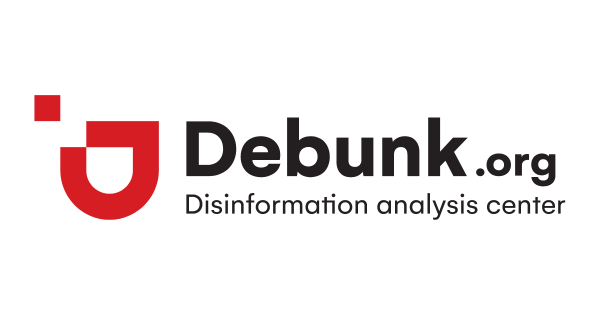To debunk something is to show that it doesn’t make sense or isn’t true. An ideally rational person will cease to believe in false information or a misconception that has been properly debunked. Unfortunately, beliefs are ‘sticky’: people often have trouble parting with them. For this reason, debunking often fails to correct misbelief; nonetheless, it is not useless.1
Applications
Reward students for changing their minds or self-correcting when they were initially wrong.
Avoid the illusory truth effect2 by using a “truth sandwich.” Start with the truth to replace the misconception, state the myth (once), explain why it’s wrong (not just the facts, but the techniques), and finally state the truth again so it’s the last thing people remember.3
In history classes, debunking lessons could be taught using historical myths and explaining how these came to be over time. For example, the myth that Napoleon was shorter than average was started by how he was depicted in political cartoons. Sometimes, it is important to understand how a misconception is formed in order to debunk it.4

Notes
Debunking commonly held misconceptions can be difficult because beliefs are often ‘sticky.’ It is important to navigate this process of debunking in a non-judgemental manner. Explain to your class that we should avoid mocking others’ views or belittling their opinion, not engage in adversarial debate, and show empathy. Everybody falls into the traps of misinformation; it is important to be open to changing your mind when there’s good reason to do so.
Learn More
Prebunking and Debunking: How to handle conspiracy theories in the classroom
from Mr Jones’ Whiteboard
The truth is out there – so how do you debunk a myth? by John Cook in The Conversation
Shout out to our intern Meghana Halbe for drafting this module.
This post is part of our “What Works” series for educators and researchers.
We are open to incorporating feedback into these modules before we publish them on our website. Please comment on this post to provide suggestions. We’re particularly interested in additional applications, resources, and readings. All constructive feedback is welcomed. Thank you!
For all the modules in one place, visit our What Works to Build Mental Immunity Website page! See what’s to come and download PDF versions of these modules.
British Journal of Health Psychology, How to debunk misinformation? An experimental online study investigating text structures and headline formats
The Decision Lab, Illusory truth effect “when we are repeatedly exposed to misinformation, we are more likely to believe that it's true”
Wikipedia, Truth sandwich
Ohio History Connection, Debunking History Myths in the Classroom





